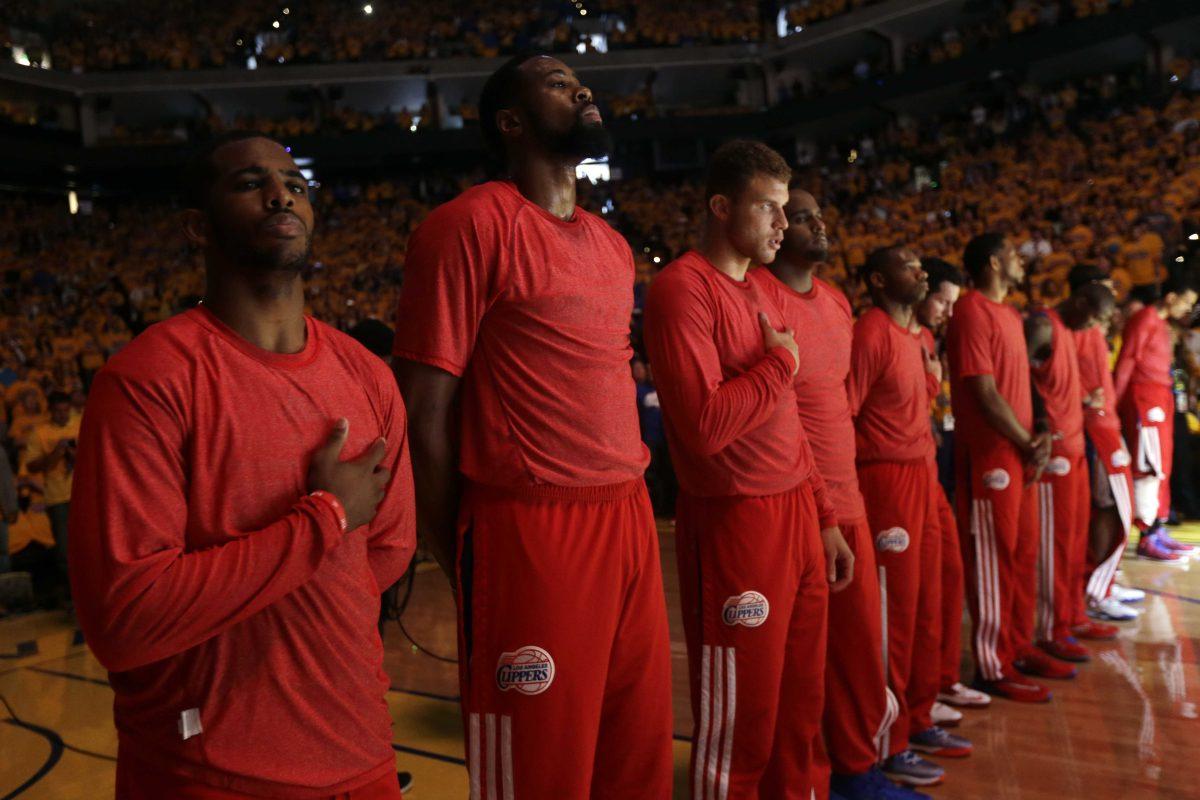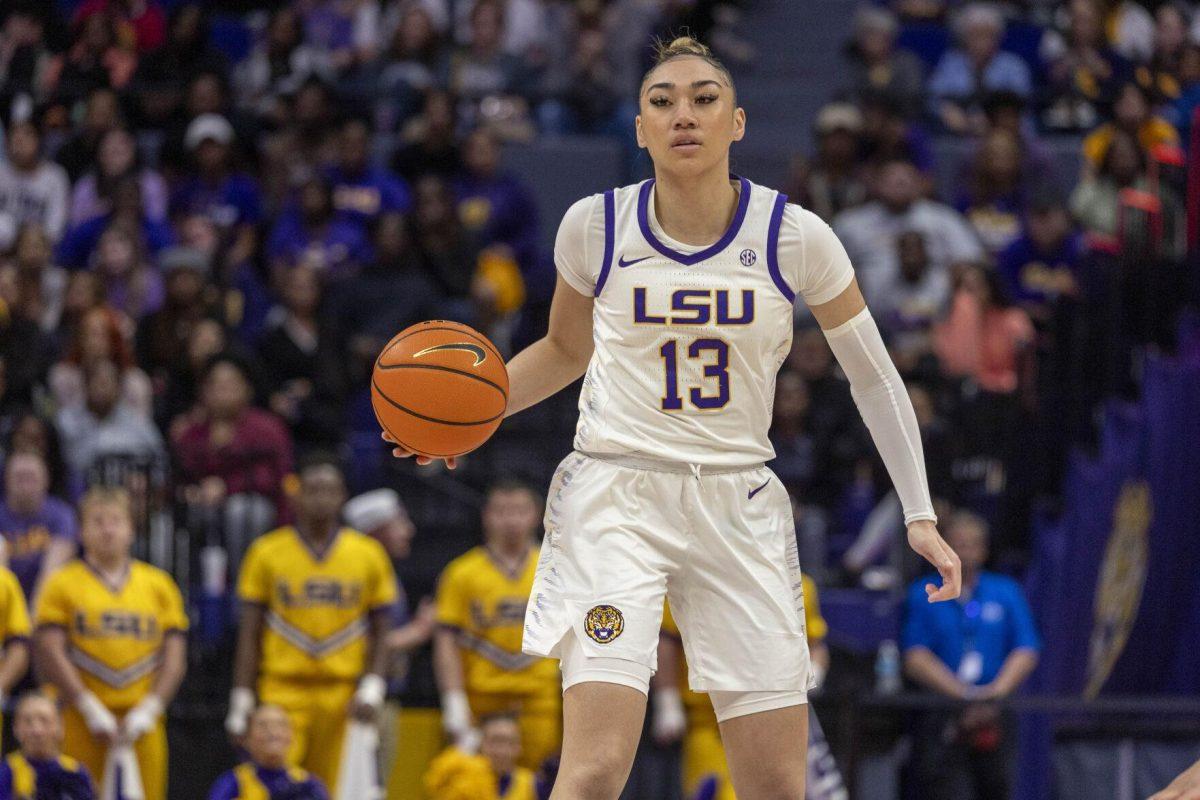Donald Sterling is a racist.
He says things that are offensive and hurtful, and shockingly appears neither apologetic nor embarrassed after doing so.
Comments purportedly made by Sterling came to light this past weekend that read more like the script of an AMC period documentary than something that would come out of a billionaire’s mouth in 2014.
But to anyone who has been familiar with the Los Angeles Clippers’ owner for longer than the past week, the report isn’t news at all — it’s really just more of the same.
In fact, as disgusting and out-of-touch as the comments made on the tape released by TMZ Sports are — and if you haven’t read them for yourself, go do so — he’s said and done much worse.
In 2006, Sterling was sued by the U.S. Department of Justice for housing discrimination due to his use of race as a factor in how he filled apartment buildings, including allegations he preferred to rent to Koreans instead of blacks or Hispanics. The case, which was reportedly built around a series of racist comments made by both Sterling and his wife, ended with Sterling paying a massive $2.7-million settlement, according to the Los Angeles Times.
Sterling was sued again in 2009, this time for employment discrimination by former NBA great and long-time Clippers executive Elgin Baylor. In the lawsuit, Baylor alleged, among other things, that Sterling said he wanted his team to be made up of “poor black boys from the South and a white head coach.”
Just do a Google search for “Donald Sterling” and instance after instance of racist behavior will fill up the screen.
It’s obvious a crash course in sensitivity training won’t do Sterling any good — billionaires in their 80s generally aren’t known for turning over a new leaf — so the question now becomes what the NBA is going to do about it.
More than anything, this latest incident is an opportunity for NBA Commissioner Adam Silver, who took over for long-time commissioner David Stern in February, to show that this type of garbage has no place in his league.
It’s the main responsibility of the commissioner to protect the best interest in the league, and make sure that no one person tries to put themselves above it. The NBA playoffs have been outstanding so far, and it should infuriate Silver that Sterling’s antics have taken the focus off the court.
Silver vowed the league would investigate and respond to the report swiftly. Sterling agreed not to attend Sunday’s Game 4 between his Clippers and the Golden State Warriors, but if the voice on the recording is confirmed to be his, there must be real punishment before it begins to fester.
Silver would need the cooperation of the other owners to try to force Sterling to sell the Clippers, but a disingenuous public apology and a fine that’s utterly inconsequential to a billionaire like Sterling aren’t going to cut it.
Sterling’s words demean the NBA’s predominantly black work force — an especially awkward situation for head coach Doc Rivers, an African American, as well as other players and coaches on the Clippers — and Silver must stand up for them. There’s little precedent for disciplining an owner beyond a fine, but a solution like this exceeds precedent.
Right down to instituting dress codes for players, the NBA has ignited its share of racial firestorms by attempting to remove the “thug element” from its sport. With that in mind, Silver can’t turn and run just because the person embarrassing the league is an old, white billionaire.
For all the good things Stern did for the sport during his tenure, allowing Sterling to become the NBA’s longest-tenured owner looks like a big mistake. Stern created the mess, but it has now become Silver’s to clean up.
This will be remembered as the first real test of Silver as commissioner. If he deals swiftly and severely with Sterling, it will help solidify Silver as the man that will lead the NBA for decades to come.
If he continues the NBA policy of passing the buck on Sterling, well, don’t expect the NBA Players Association to be in a friendly mood next time the two sides sit down to discuss the Collective Bargaining Agreement.
James Moran is a 21-year-old mass communication senior from Beacon, N.Y.







